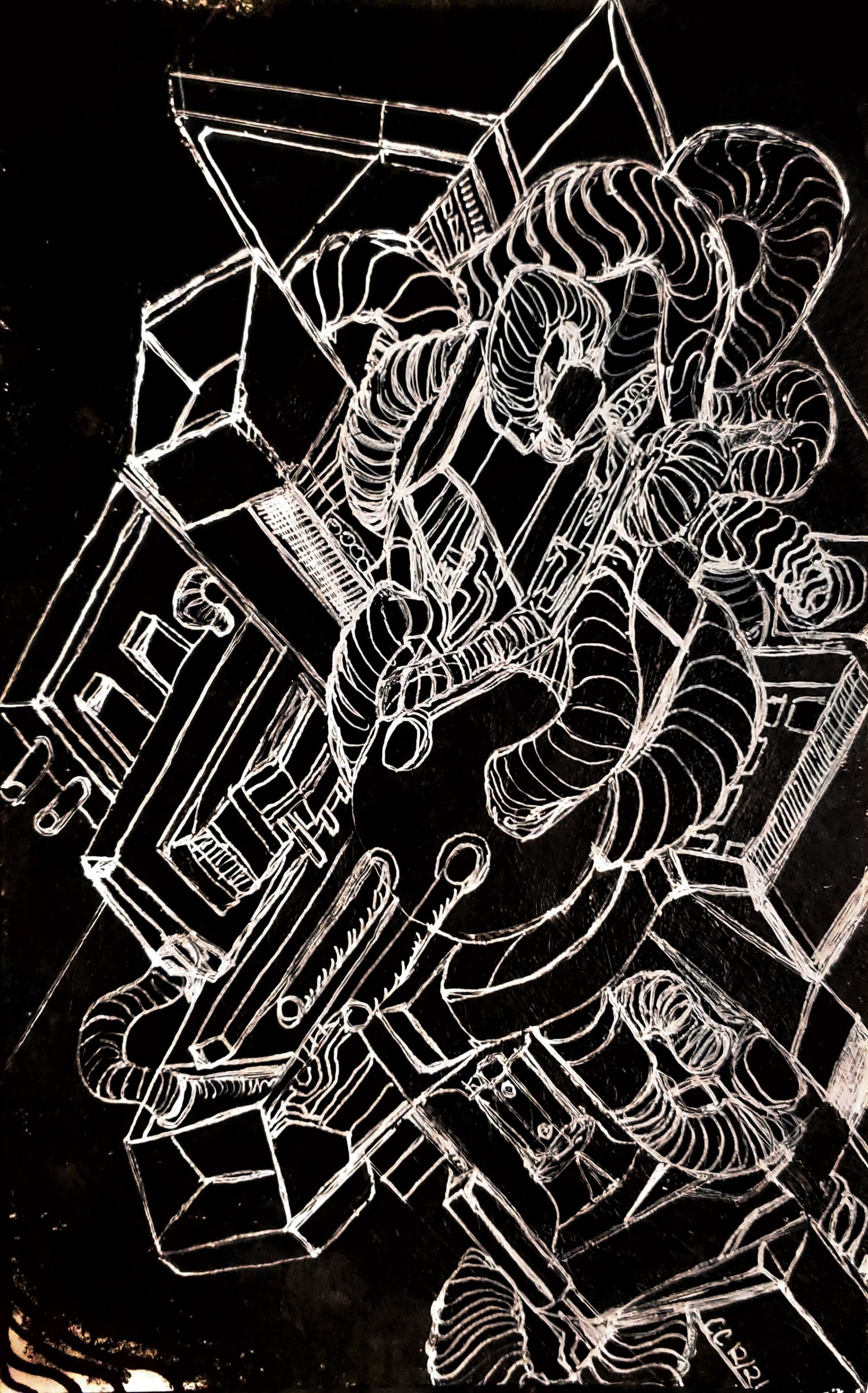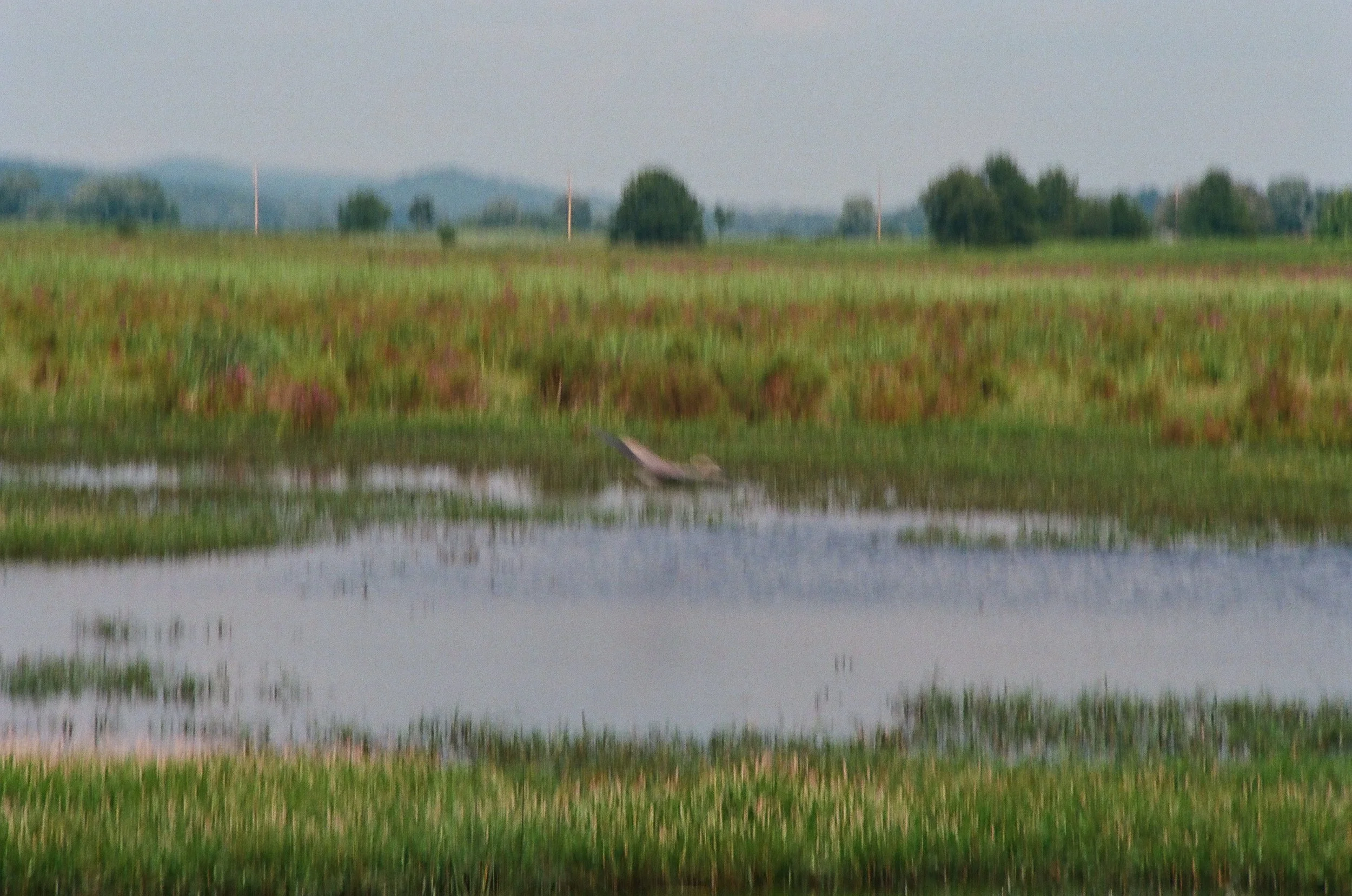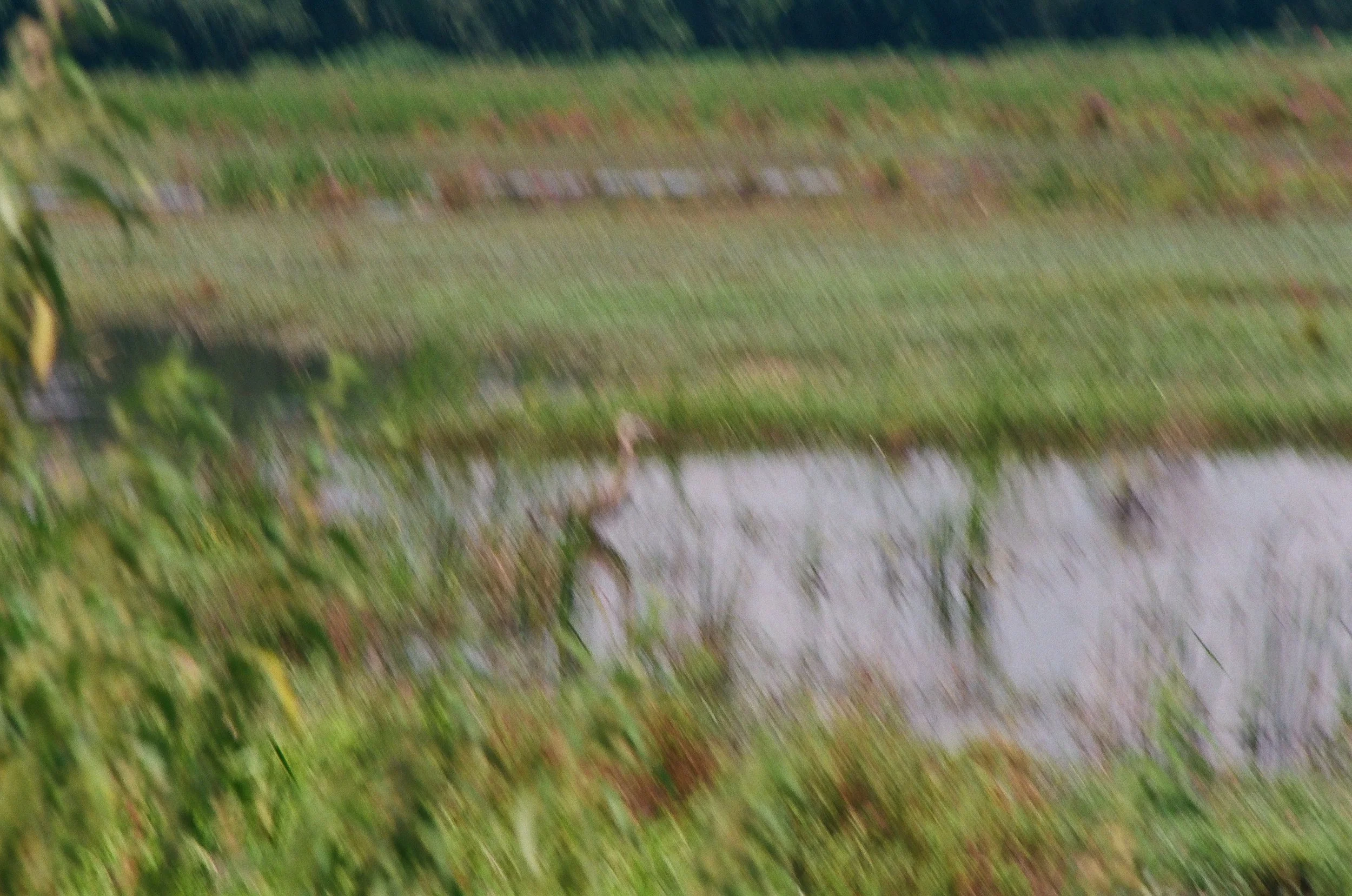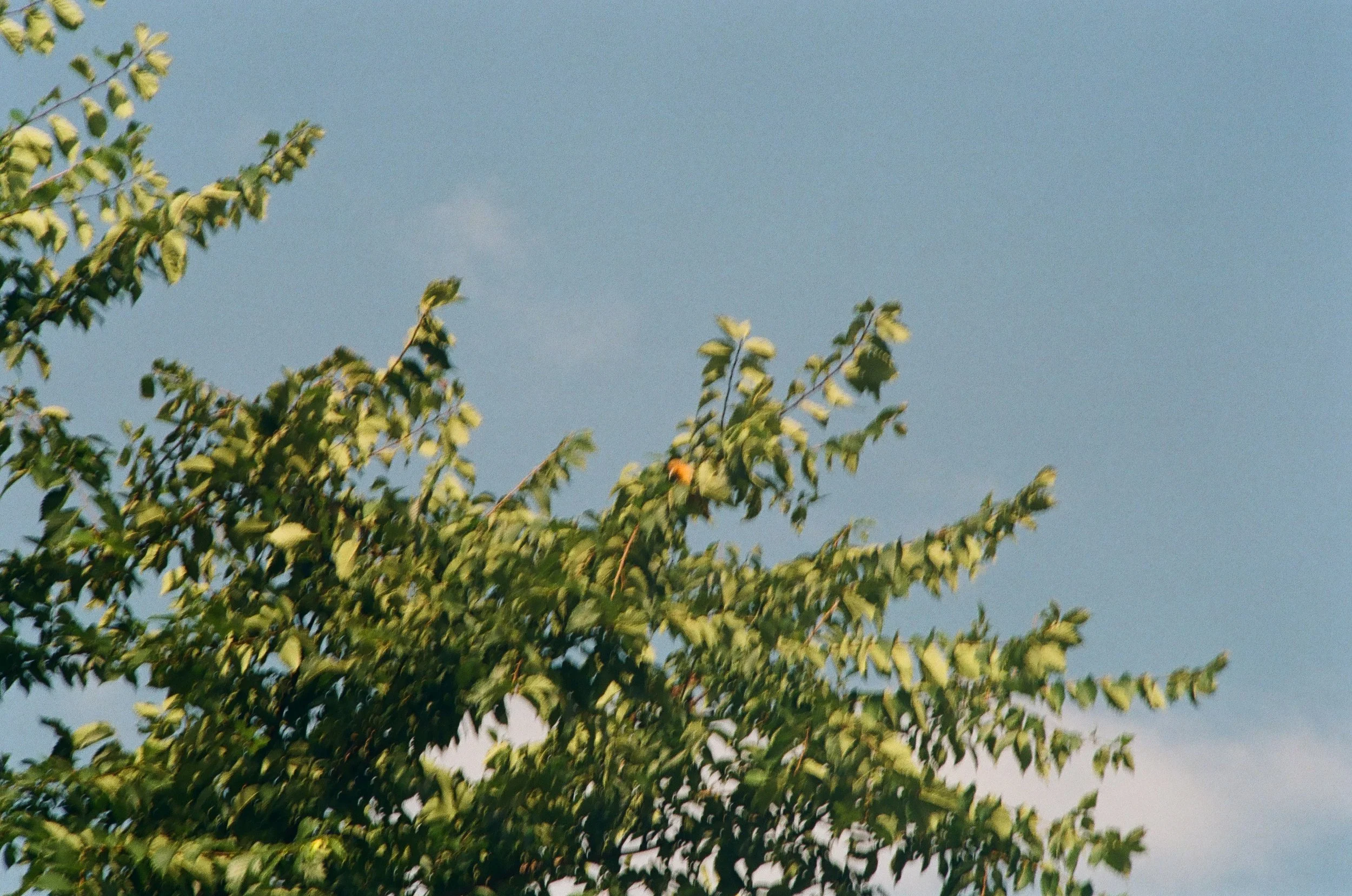Exposure and the Fun of Failure
I recently brought my mom’s Canon AE-1 35mm camera out of retirement.
It’s heavy stuff; both the camera and hobby photography have a certain weight that distinguishes them beyond the simple point-and-shoot iPhone. I could wax poetic about the golden days of “real cameras” …but honestly, it’s just not true. Digital cameras are better on nearly every metric, and the experience was mostly wrestling with settings and ambiguity, instead of picture-taking.
Don’t let the camera snobs tell you otherwise; film technology is less capable, less easy to operate, and costs money if you actually want to see the photos you take. It does have one serious advantage, I must admit: the feel. There’s nothing like pulling the lever back, looking through the viewfinder, and squeezing off a shot with that satisfying shutter slap.
I loved this tactile experience so much that, on a whim, I decided to run off into the marshes of NJ with a camera I didn’t understand, chasing down shots that I couldn’t tell were good or not. It was a blast.
Big surprise, my photographs sucked, but most of the issues were as usual due to my ignorance. Some combination of settings and operator errors led to blurry and washed-out images. I was lucky I got any winners at all, with a score of a measly three decent shots. Newer tech would’ve compensated for my naivete, giving me better (and importantly more) photos, but I feel it also would have been significantly less fun.
Despite the objective goose egg that was my first film roll, I’ve gained much photography know-how. I had to drink from the firehose to learn about shutter speed, aperture size, film speed, and light metering to determine my specific gaffs. The failure, though painful, was not discouraging; actually, it motivated me to persist with my second, third, and fourth roll (to be developed—It’s an expensive hobby).
When I was younger, I demanded perfection from myself, especially when learning something new. But it’s difficult to be perfect on the first try, and impossible to repeat. I was avoiding mistakes, not exposing myself to them. This under-exposure, just like in these photos, led to blurry lessons. I’m becoming more acquainted with the fail-faster approach though, and I’m starting to see its point.
This idea has come into more focus as I’ve gotten used to failure, and though I don’t exactly welcome the sting of defeat, I do respect its abilities as a teacher. I also recognize that, when done right, failing can even be a little bit of fun.
So, off I go, back into the marshes, chanting amor fati as I ruin another film roll…
Wait, am I becoming one of those camera snobs?












